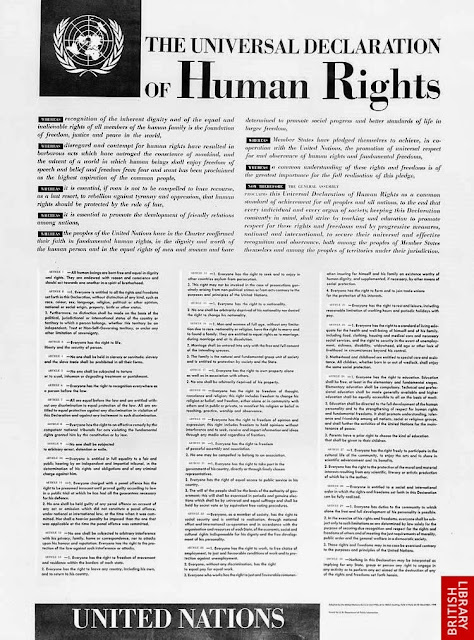Climate Change: A Matter of Human Rights
Climate change is a major threat to the realization of human rights as others participating in Blog Action Day (2013 theme human rights) will also say. People living in poverty are feeling the effects soonest and most sharply as the map below showing the distribution of deaths due to climate change in 2000 clearly shows. It's essential that human rights are on the agenda at all the key meetings aimed at tackling climate change if effective solutions are to be enacted.
The latest IPCC report on the scientific evidence again reconfirmed: shrinking snow, sea ice, glaciers and polar ice caps; rising sea levels; more frequent weather extremes such as excessive temperatures and excessive rainfall and flooding; more drought affected land; more intense tropical cyclones, and more. Fundamental rights to life, health, water, food, and housing are clearly impacted - such as through more frequent and severe wildfires or water shortages or failed or destroyed crops - and are forecast to be impacted even more severely if we don't tackle climate change. New research by the Overseas Development Institute shows that extreme weather can be the most important cause of poverty.
Actions on climate change need to protect human rights. If not then the effectiveness of preparing for climate change impacts and the effectiveness of attempts at slowing it and cutting the harm it can do is reduced. Rights to information, fairness, participation and accountability are particularly important.
Solutions are much harder to find and implement without free access to information about the nature and extent of the problem and potential and applied actions. Governments and others should therefore provide for and enable the flow and spread of good quality information on climate change, action taken and its impacts. It's part of the duty of Government to provide and explain information about risks and opportunities, not least in relation to environmental change.
Those who disagree with their Government should be able to freely express their views, associate with like-minded people and assemble to peacefully protest. This is a crucial feature of an informed society with decent opportunities to participate. Action or lack of action on climate change needs to be subjected to public debate and pressure. It's healthy that people seek, receive and spread information and ideas and, far from being suppressed in doing so, are encouraged to do so. Governments should be accountable for their actions or failure to act on climate change and people should have the power to get them to put their mistakes right.


